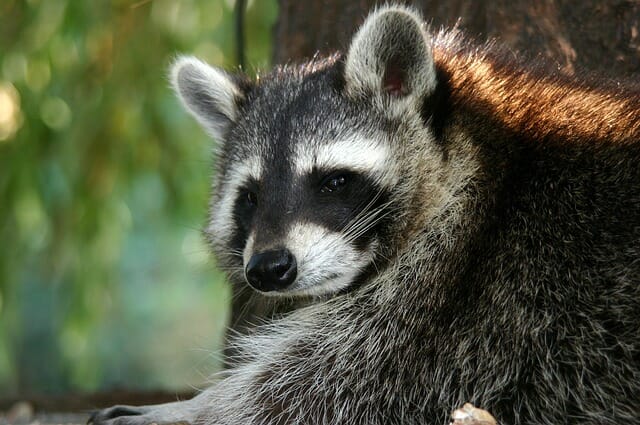Humans, for the most part, raise and eat vegetarian animals. From an agricultural perspective, that makes sense. A cow fed on grass is a more efficient way of producing meat than raising a meat-eating animal on meat, only to later harvest it for meat.
Animals that would otherwise eat a meat-based diet in the wild, like chickens or farmed fish, are fed corn and soy and labeled “vegetarian-fed” as though it somehow made the meat more desirable. In reality, though, eating corn-raised salmon and chicken deprived of their natural prey (bugs, frogs and even rodents) actually results in meat that’s less flavorful and less healthy, containing fewer omega-3 fatty acids.
Some animals, such as deer, are opportunistic omnivores. Deer have been observed eating birds, which scientists speculate is “a source of protein to help them grow antlers.” Scientists conducting a forensic experiment with human remains actually documented deer eating human meat when they had access to it in the wild.
Learn The Tricks Of The Most Clever Survivalists In The World!
Other cultures around the world have a history of eating meat-eating animals. In modern America, it’s a taboo to eat dog meat, but many other places in the world regularly consume dog as a part of their diet without ill health effects. I’m not advocating eating the family pet. That’s not a part of our culture. But when thinking about whether or not there are health consequences to eating meat-eating animals, it’s good to note that it’s common practice in other parts of the world and does not cause harm to the humans eating them.
Bears are popular to hunt in many parts of the United States, and while their diet does include roots and berries, they’re putting on their winter weight with meat. Bears are omnivores, just like pigs. Both bear meat and pig meat tend to taste a lot like what they were eating in the few weeks before they are harvested. Pigs raised domestically are often intentionally fed a specific diet in the six weeks before harvest, such as whey or apples. With bears or wild boars, you don’t have that luxury.
Smart hunters will take wild boar in areas where there’s an abundance of food that will make their meat taste sweet, such as windfall apples. Bears, on the other hand, especially near urban areas, are likely to have been eating anything they can find. Bears near good fishing holes, for example, often have fishy-tasting meat.
Hunters who have cooked coyote describe it as a fatty dark meat that tastes a bit like overcooked duck. They note that made into sloppy Joes or covered in BBQ sauce and served like a pulled pork sandwich, you’d never taste the difference.
In the American South, raccoon is still a reasonably popular food. It’s said to taste a bit like dark meat chicken. Raccoon meat is mainstream enough that the famous chef Alton Brown wrote about how to cook it. It’s become less popular to hunt because of a fear of rabies, but he notes that as a general rule rabid animals will not be out feeding. If you find a raccoon busting into your chicken coop, grab the .22 and you could be eating well tonight.
But what about rabies, you say? Rabies is no joking matter, and it’s a serious disease that can kill humans and animals alike. Obviously, never eat an animal you know to be infected with rabies. Nonetheless, so long as the meat is thoroughly cooked, the rabies pathogen is killed. According to the Louisiana department of health, the main risk is to the person processing the raw meat, especially if he or she comes into contact with the salivary glands, brain or spinal cord. Be careful processing any animal, and use good sanitary practices.
Any hunted animal could potentially be contaminated with rabies. The incubation time is generally 90 days or less from exposure, but 90 days is a long time to carry the pathogen without showing any symptoms. Rabies, in reality, is a rare disease, but one that you could catch just as easily from raw deer meat in an animal not displaying symptoms.
In times of hardship, it’s good to know that meat is meat. So long as it’s cooked completely and thoroughly, just about any meat can provide a meal, be it coyote, bear, wild boar, raccoon or just about anything else. Clean it carefully, cook it fully and enjoy the protein.
What are your favorite wild meats? Share your tips in the section below:
 Off The Grid News Better Ideas For Off The Grid Living
Off The Grid News Better Ideas For Off The Grid Living




